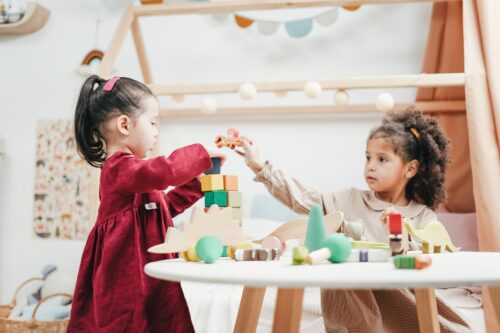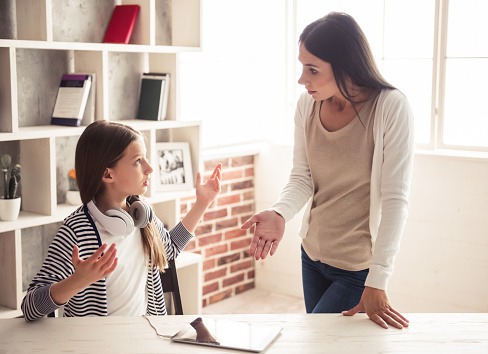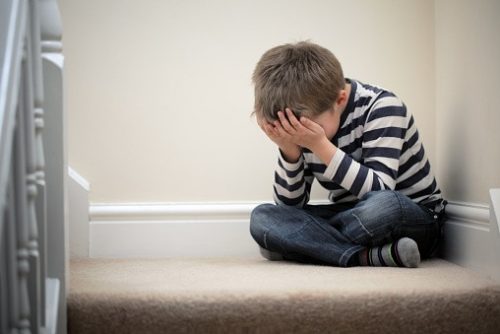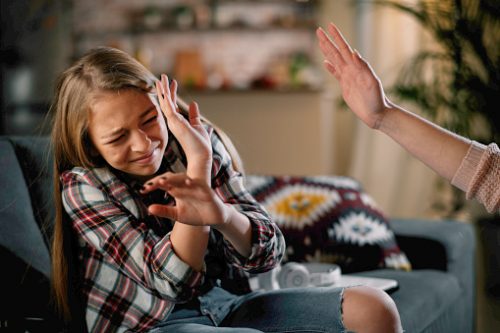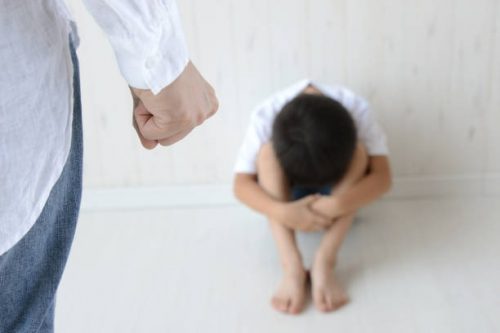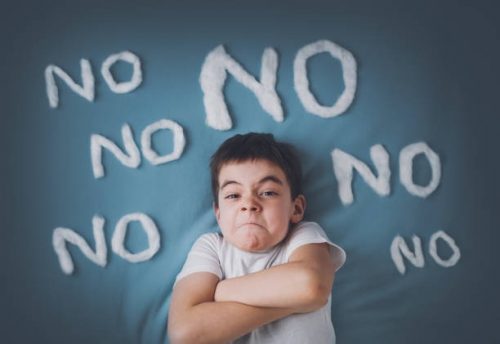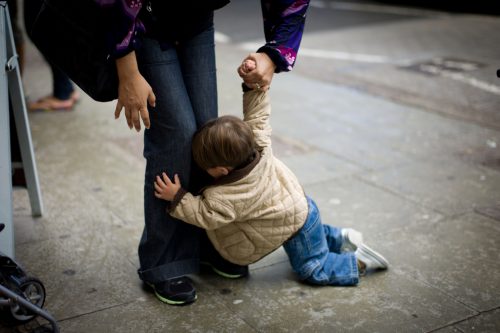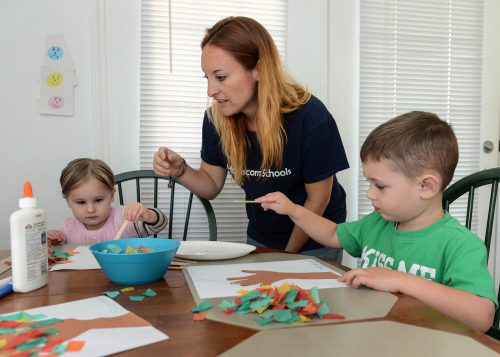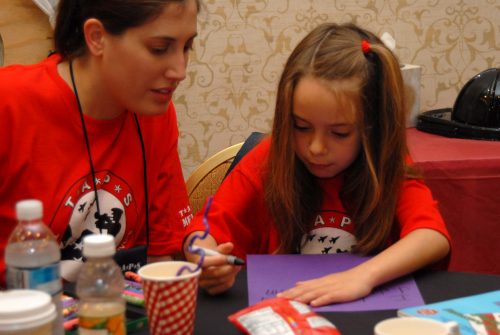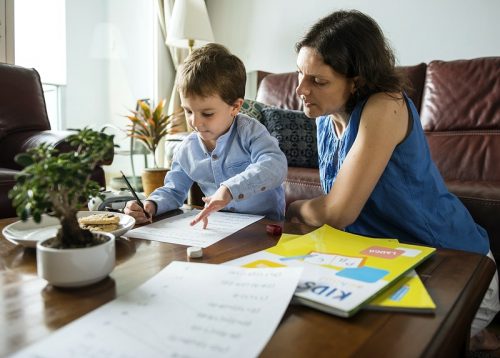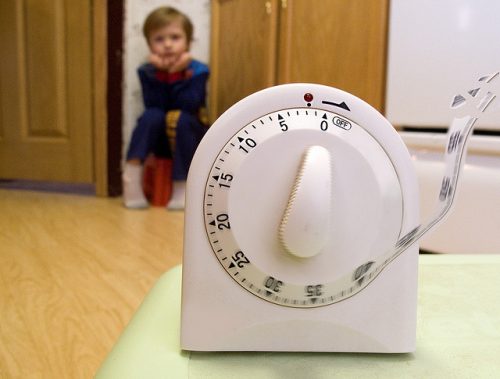As we embrace this digital age, the role of a parent transforms and expands in ways we never imagined. Gone are the days when our biggest concerns were scraped knees and homework battles.
Today, we stand at the crossroads of technology and tradition, trying to find a balance between the digital world that captivates our children and the timeless values we wish to instill in them. This article is more than just a guide; it’s a compass to help you navigate through the complexities of raising children in a world where the internet is as common as playgrounds were to us.
Let’s discover how to turn challenges into opportunities and ensure that our children grow up safe, wise, and prepared for the future that awaits them in this hyper connected world.

Key Challenges Of Digital Parenting
As we venture deeper into the 21st century, the role of parenting evolves with the rapid advancement of technology. This digital era brings a new set of challenges that parents of previous generations never encountered. Navigating this uncharted territory requires awareness, adaptability, and a proactive approach.
Let’s explore these crucial aspects to better equip ourselves for the journey of digital parenting.
Screen Time Management
In an age where screens are omnipresent, one of the most pressing challenges parents face is managing their children’s screen time. It’s a delicate balance between allowing children to reap the benefits of technology and ensuring they don’t become overly reliant on digital devices. Excessive screen time can lead to issues like:
- Reduced physical activity
- Disrupted sleep patterns
- Decreased social skills
Online Safety And Privacy
As children navigate the internet, they expose themselves to various risks, including exposure to inappropriate content, online predators, and data privacy issues. Parents need to be vigilant in monitoring the websites and apps their children use and educate them about the importance of protecting personal information online.
Social Media Influence
Social media platforms can significantly influence a child’s worldview, self-esteem, and behavior. Parents must contend with the challenges of:
- Social media addiction
- Exposure to unrealistic standards (such as body image issues)
- Peer pressure that proliferates through these platforms
It’s crucial for parents to discuss the impacts of social media with their children and foster a healthy, critical approach to its consumption.
Cyberbullying
Cyberbullying presents a unique and potent threat to children’s mental well-being. Unlike traditional bullying, cyberbullying can occur at any time and in a more insidious manner, making it harder for parents to detect and intervene. The anonymity and distance provided by digital platforms can embolden bullies, leading to severe emotional consequences for the victims.
Parents need to be proactive in teaching their children about the importance of kindness online, recognizing the signs of cyberbullying, and creating an environment where their children feel comfortable discussing these issues.

Balancing Technology And Physical Activities
In a world where digital entertainment and educational apps is readily accessible, encouraging children to engage in physical activities has become increasingly challenging. Physical activities are crucial for healthy development, but the allure of video games, social media, and online content can often overshadow the appeal of outdoor play.
Parents must find creative ways to promote a healthy balance, ensuring their children appreciate the value of physical exercise and real-world interactions.
Digital Dependency And Addiction
The ease of access and engaging nature of digital devices can lead to dependency and, in extreme cases, addiction. This can manifest in a reluctance or inability to disengage from technology, impacting:
- Social interactions
- Academic performance
- Overall well-being
Guardians and parents need to set boundaries and monitor usage to prevent these patterns from taking hold.
Educational Challenges And Opportunities
The digital age presents both challenges and opportunities in education. While technology offers vast resources for learning and development, it also creates distractions and can sometimes replace traditional learning methods in ways that are not always beneficial.
All parents need to guide their children in using online education as a tool, ensuring it supplements rather than replaces critical thinking skills and problem-solving skills.
Ethical And Moral Development
As children grow up in a digital world, they are exposed to a wide array of viewpoints and behaviors. This exposure raises concerns about their ethical and moral development. Parents must take an active role in ensuring online safety by teaching their children about digital ethics, and online safety concerns including:
- Respect for others online
- Discernment between right and wrong in digital contexts
- Understanding the implications of their digital footprint
Maintaining Open Communication
Keeping lines of communication open is vital in addressing the challenges of digital parenting. Children should feel comfortable discussing their online experiences, concerns, and mistakes with their parents.
This open dialogue is essential for parents to provide guidance and support in navigating the digital world.
Keeping Up With Technological Advances
Technology evolves rapidly, and keeping up with the latest trends, apps, and platforms can be overwhelming for parents. However, staying informed is crucial to understanding the digital landscape your child navigates and effectively managing the associated risks.
By acknowledging and addressing these key challenges, parents can better navigate the complexities of raising children in a digital age, ensuring they are well-equipped to thrive in both the digital and real worlds.
Strategies For Effective Digital Parenting
In the dynamic landscape of the digital world, effective parenting requires more than just awareness of the challenges; it necessitates proactive and strategic actions. The journey of digital parenting is similar to going through a complicated maze, where each turn presents new situations and decisions.
To help parents steer this course with confidence and effectiveness, we have compiled a set of strategies. These strategies are designed not only to address the challenges head-on but also to harness the positive aspects of technology for the growth and development of our children.
Let’s explore these strategies, which serve as crucial tools in the parenting toolkit for the digital era.
Establishing Rules And Guidelines
Creating a healthy tech environment starts with setting clear, reasonable rules for the use of digital devices. This includes:
- Defining specific screen-free times, such as during family meals or before bedtime
- Designating tech-free zones in the home
It’s also important to agree on the types age appropriate content and the amount of time that can be spent on devices.

Open Communication
Foster open communication in an environment where children feel comfortable sharing their online experiences, concerns, and questions. Regular conversations about the digital world and online spaces can help parents understand their children’s online activities and guide them appropriately.
Discuss the potential dangers and risks associated with the internet, such as privacy concerns and misinformation, and encourage critical thinking.
Leading By Example
Children often mimic the behavior of their parents. Therefore, parents must model healthy digital habits themselves. This includes:
- Being mindful of your own screen time
- Demonstrating balanced use of technology
- Showing respect and kindness in online interactions
Educating About Digital Citizenship
Teach children the importance of being responsible digital citizens. This involves understanding the impact of their online actions, respecting others’ privacy, and practicing safe online behaviors. Discuss the permanence of the digital footprint and the importance of thinking before sharing online.
Using Parental Controls
Utilize a parental control software and settings on devices and platforms to help manage screen time limits and monitor your child’s digital consumption. These tools can filter out inappropriate content, limit screen time, and provide reports on a child’s online activities. However, use these controls as a supplement to, not a substitute for, active parenting.
Encouraging Digital Literacy
Equip your children with the skills to navigate the digital world safely and smartly. This includes teaching them how to identify credible sources, understand online privacy, and discern between real and fake news.
Digital literacy also involves understanding the emotional and psychological effects of digital media.
Balancing Online And Offline Activities
Encourage children to engage in a variety of activities that don’t involve screens, such as:
- Outdoor play
- Reading
- Hobbies
- Family time
This helps in developing a well-rounded personality and reduces the likelihood of digital addiction.
Staying Informed And Updated
Keep educating children and yourself updated with the latest digital trends, apps, and social media platforms. This knowledge helps in understanding what your child might be exposed to and allows you to have informed conversations with them about the digital world.
Seeking Professional Advice When Needed
Don’t hesitate to seek help from educators, psychologists, or other professionals if you face challenges in managing your child’s digital use. Sometimes, external guidance can provide new perspectives and strategies.
Celebrating Digital Successes
Acknowledge and celebrate when your child uses technology positively, such as learning a new skill, creating something, or using digital tools and platforms to contribute positively to society.
Positive reinforcement encourages responsible use of technology.
To Wrap Up
In the world of parenting, the threads of the digital age add vibrant, yet challenging colors. From managing screen time to fostering digital literacy, the journey is demanding, but not without rewards.
As we conclude, remember that parenting in the digital age is not about perfect solutions; it’s about adapting, learning, and growing alongside our children. It’s about guiding them to use technology responsibly, preparing them for the future while keeping them grounded in the present. In this journey, you are not alone. There are countless resources that will aid in shaping a generation that is as compassionate and wise in the virtual world as they are in the real one.
Together, we can turn the parenting challenges of the digital world into pathways for success, ensuring our children emerge from this era not just as tech-savvy individuals, but as well-rounded human beings.
Frequently Asked Questions (FAQ)
What are the difficulties faced by parents in the modern age?
How parenting has been affected by technology?
What is parenting in a digital era?
What are some of the greatest challenges that parents face in today’s age?
What are the most prevalent challenges of parents in online learning?
What are the challenges that modern parents face that make parenting especially hard in the 21st century?
Does technology make parenting harder?
How has technology affected parent and child relationships?
How does media affect parenting?
How technology has improved parenting?
Why is digital parenting important?
What is one of the unique challenges faced by millennial parents in cyber parenting?
Why parenting is more difficult now?
What are the negative effects of technology usage in families?


